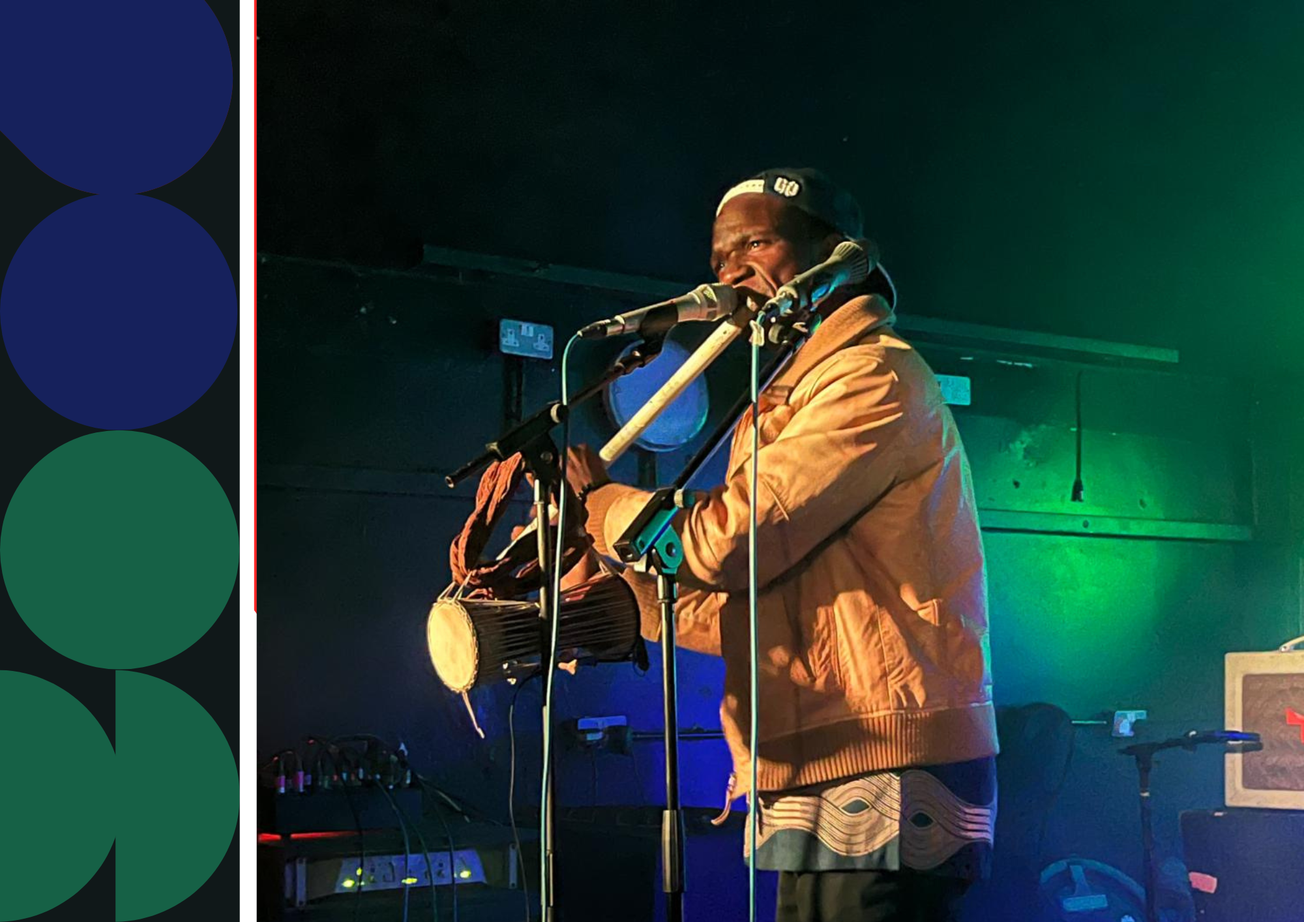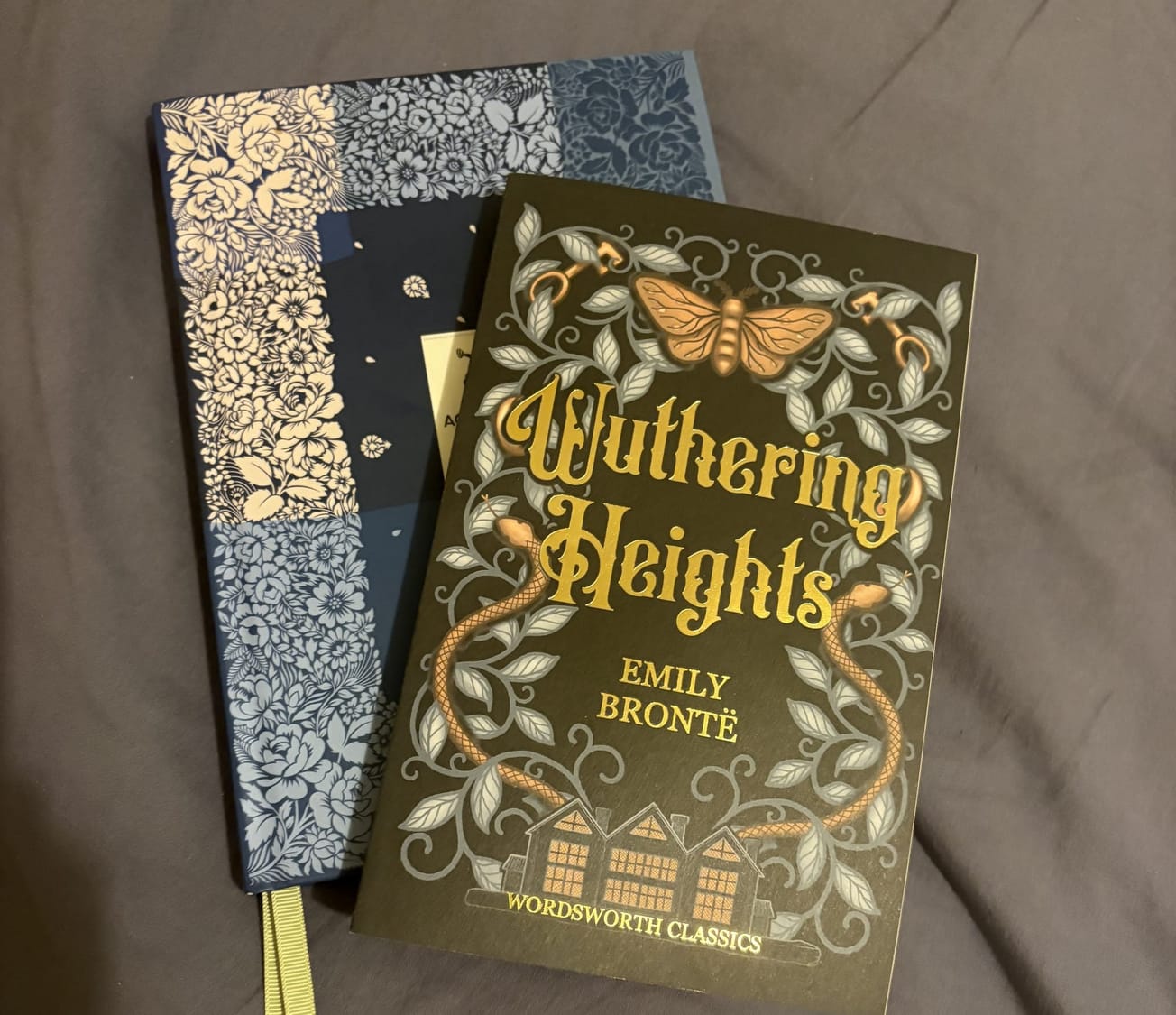By Francesca Frankis, Second Year History
Francesca Frankis reflects upon the inextricable link between music and the women's movement.
From the very start of the Women’s movement, music and female suffrage have been inextricably linked, and to look at the history of women’s emancipation without recognising the role music has played would be thoughtless. In 1910 Ethyl Smyth, an English suffragette composed ‘March of the Women’, it became the official song of the suffrage movement, whilst she was also the first woman to have her music performed at the Metropolitan Opera House in New York. Fast forward to the Women’s Liberation movement emerging in the 1960’s and female artists were utilising music as a way to explore important aspects of the female voice.
‘You don't own me’, a 1963 song by Lesley Gore, recorded when she was just 17, in which she unapologetically takes ownership of her own identity and choices. Whilst, Nina Simone’s track ‘Four Women’ released in 1966 off of her sixth studio album Wild is the Wind, importantly details the negative societal stereotypes surrounding African American women at the time, through four different female characters. Not forgetting, Aretha Franklin's epic track ‘Respect’ that earnt her two Grammy awards in 1968 and was a turning point for music and the Women’s movement.
These women represent only a handful of the female voices exploring these kind of issues at their respective times, but the legacy of women like Smyth, Gore, Simone and Franklin is carried on by artists today. Beyonce is perhaps one of the most renowned popular feminist voices of our time. Her track ‘Grown Woman’ is a nod to Gore’s 1963 track, a truly empowering anthem. She asserts her right as a woman to her own power and autonomy over her body; ‘I’m a grown woman, I can do whatever I want’. Not forgetting, Beyonce’s track ‘Flawless’ off her 2013 album ‘Beyoncé’ which even features words from feminist intellectual Chimamanda Ngozi Adichie.
Music has acted as a tool for women since the dawn of the suffrage movement, and women have played an integral part within the music industry, despite being often overlooked. By making their own voices heard and utilising their position to empower other women and girls, encouraging them to discuss important issues. International women’s day and its history wouldn't be what it is without the contribution from some of the greatest female artists of the last century. Below is a playlist highlighting just some of the most eminent female voices and tracks within the music industry today and recent history to celebrate International Women’s Day!
Featured Image: Bethany Marris / Epigram
Want to write a review for Epigram Music? Get in touch...
Facebook // Epigram Music // Twitter









